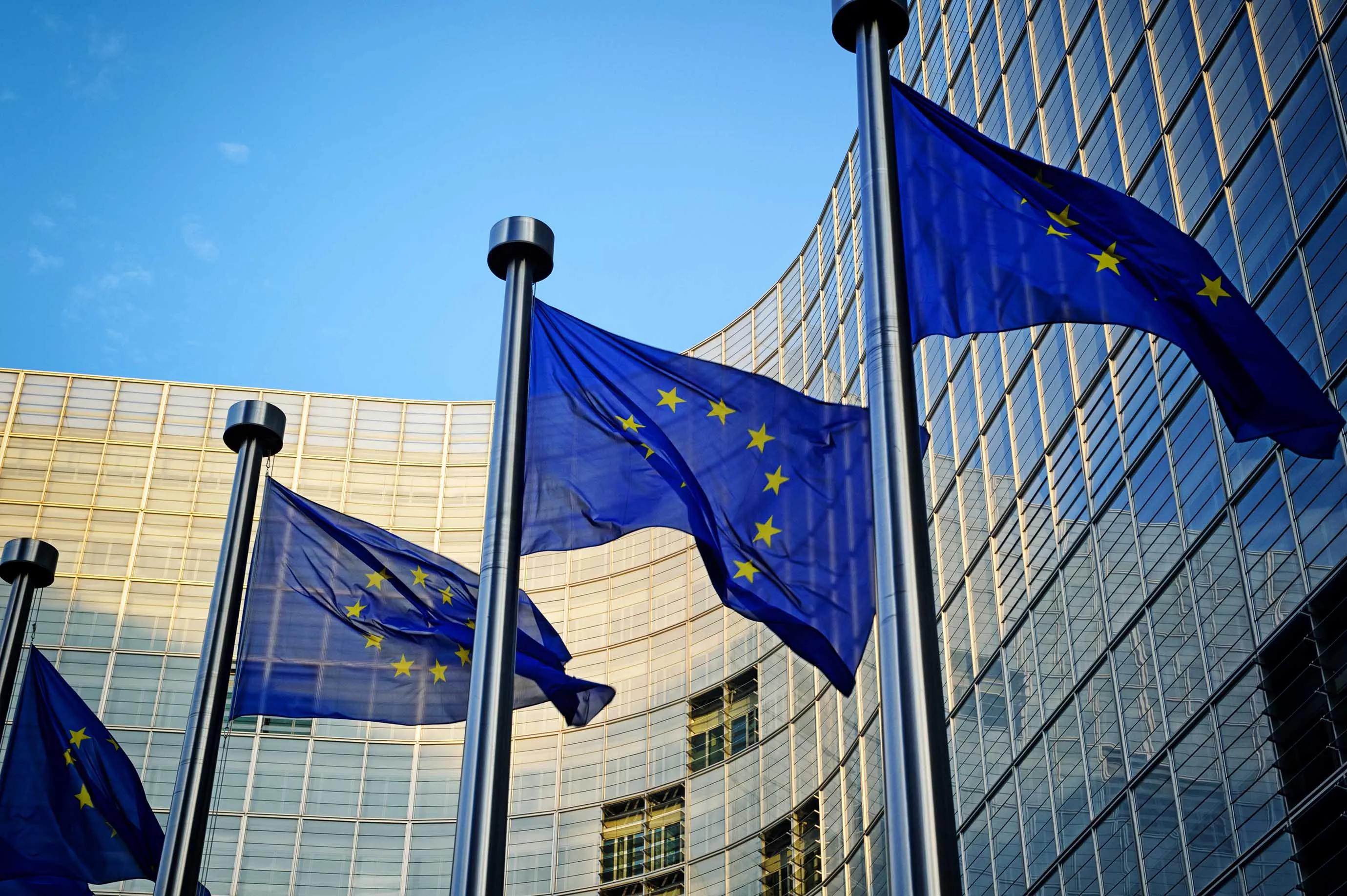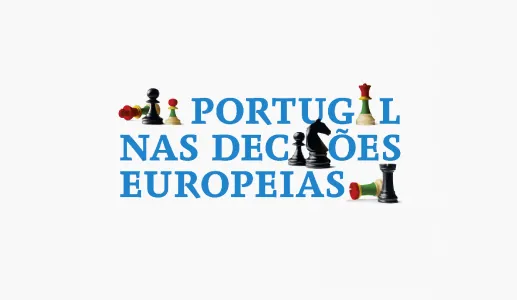
Portugal and European decision-making
Recently, and for the first time in our democratic history, membership of the European Union and the consequences of European integration for Portugal have come to be viewed with scepticism by a very significant portion of the population.
According to the most recent data, the Portuguese are divided on whether, with hindsight, the country has benefited from EU membership. Gone are the days when more than 80% of the Portuguese said they «tended to trust» the European Commission: today, that figure is around 30%.
More than 40% of those surveyed in recent studies even questioned remaining in the single currency. In political discourse, the idea that Europe is, after all, a «club for the rich and powerful», where the interests of some countries («from the North») override those of others («from the South») and where there is an imbalance of power between once sovereign nations, is increasingly common. All of this brings with it the need to rethink the role that Portugal had, has and may have in the European Union.
Through this study by Richard Rose and Alexander Trechsel, Fundação Francisco Manuel dos Santos has sought to closely examine the aspects that have determined Portugal's participation in decision-making processes at European level, and the effectiveness and limitations of this participation, both from the point of view of «formal» powers – perhaps more important in a country whose political and economic weight is comparatively low – and from the point of view of the use of informal and "smart power" mechanisms, which imply the involvement of civil society and the empowerment of the state machine for an increasingly demanding and complex decision-making process:
- What impact does Portugal's territorial and demographic size have on its political weight within the EU?
- How is the Portuguese government affected by the EU system?
- How can the Portuguese government make its voice heard within the EU's institutional framework?
- What is the role and impact of Portuguese MEPs in the European Parliament?
- What is the role and impact of Portugal's comparatively fragile civil society in the European institutional framework?
- How much European political capital do the Portuguese have?
- Since Portugal joined the EU, what opportunities has the country missed out on, and why?
- What opportunities still exist, and how can they be seized?
Fulfilling its long-standing ambition of contributing to more informed and conscious public debate on issues that are fundamental to the life of Portuguese society, the aim of this FFMS study is to provide a better understanding of the means and effectiveness of Portuguese participation in multinational decision-making processes within the European Union, and the relationship and behaviour of the various decision-making agents and stakeholders, such as the European Council, the European Commission and the European Parliament on the European Union side and, on the Portuguese side, the role of the Government and Public Administration, professional, business and social organisations and citizens in general.







